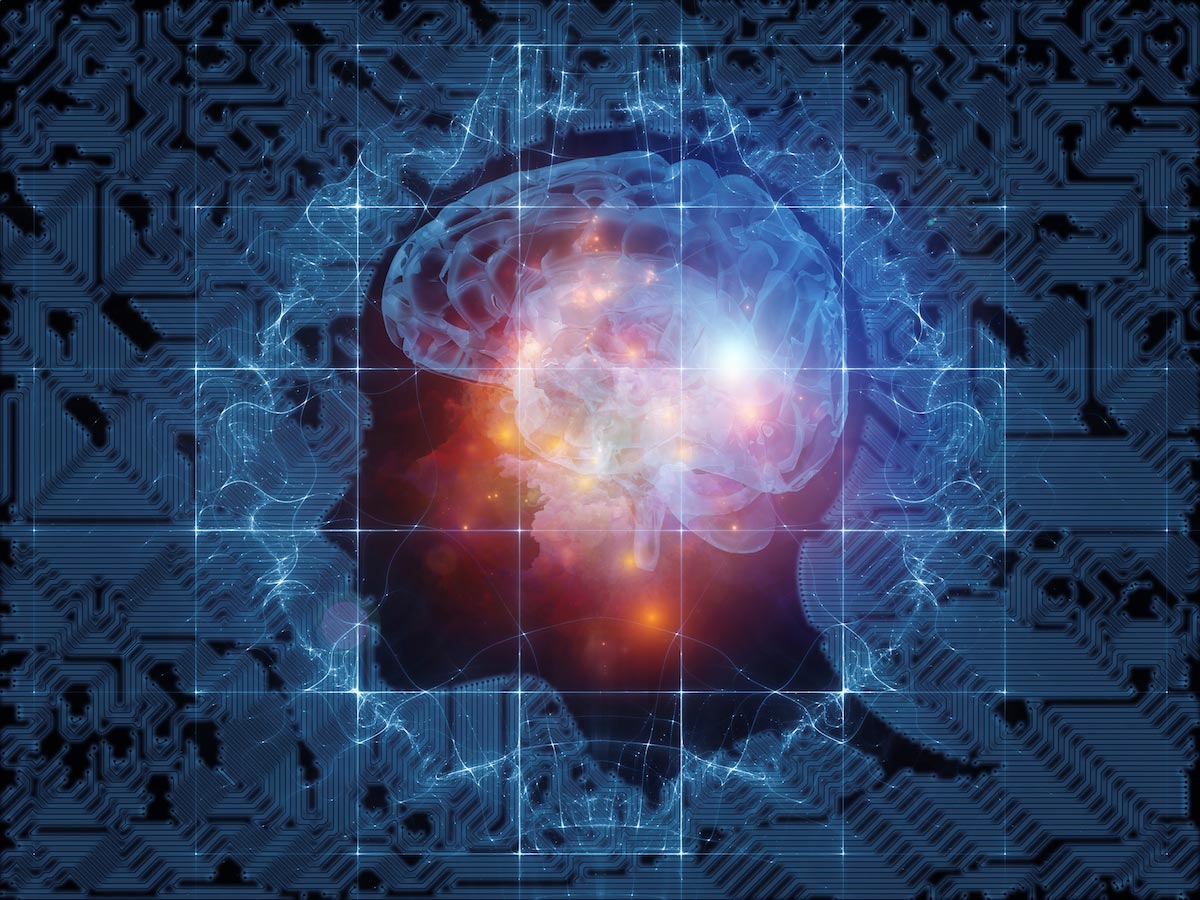Study proves you can stop vital memory erosion through holistic “Loci memory training’
03/02/2019 / By Cassie B.

We already know it is complex and highly capable, but many of the human brain’s mysteries remain untapped. Even the incredible technological advancements of the past few years have failed to shed light on all of the specifics of this intricate organ, and it remains a top subject of interest for researchers around the world, particularly in light of the rise in dementia.
Recently, scientists in the Netherlands discovered that the ability to remember unwieldy lists of dozens of words is something that can be learned by anyone. In their study, participants underwent half-hour training sessions that used a strategic technique for memory improvement for 40 days. Despite having no history of memory training and typical memory skills prior to the study, these people were able to increase their memory capacity by more than double. Their average recall prior to the training was 26 words out of 72, and after the study, this had risen to an astonishing 62 words. After four months had passed without further training, their recall remained remarkably high.
According to brain scans that were taken before and after the memory training, their brain functions were actually altered by the training in a way that was reminiscent of the brains of the world’s top memory athletes. Some of these individuals are capable of memorizing 100 words or 500 digits in just five minutes!
To make the comparison, the study’s lead author, Martin Dresler of Radboud University Medical Center, compared the brains of 23 memory athletes with 23 people of similar health status, intelligence, and age but normal memory skills. An fMRI measured the brain activity by highlighting changes in blood flow inside of their brains. The two groups did not have differences in their brain anatomy prior to the training, but they did have differences in the connectivity patterns across 2,500 connections in their brains.
There were 25 connections in particular that most strongly set the memory athletes apart from those with ordinary memory skills prior to the study. These were in the medial prefrontal cortex, which is active when people are relating new knowledge to existing knowledge, and in the right dorsal lateral prefrontal cortex, which plays a role in strategic learning. These are the areas that changed in the people with normal memory skills after training. The researchers are studying the brain scans in hopes of learning more about variations in brain connectivity patterns and how they influence memory.
Loci memory training
The type of training that was used in the study is known as loci training. This entails using a “visual filing system” to associate items on a list with a remembered place and then navigating that place in your mind to help recall the list.
For example, you might picture your bedroom in your mind and visualize ten items you walk past as you circle the room. A chair just inside the door might be your first point of reference, followed by your dresser, your bed, and so on. By following this journey in your mind a few times, you can remember these “hook” locations, which you will then use to associate with the items on the list you must remember. The first item you must recall will be associated with your dresser. If, for example, you must remember a to-do list and the first item is returning your books to the library, you’ll picture the library books sitting on your dresser.
While you might not be planning to test your skills against the world’s top memory athletes any time soon, you can certainly try loci training yourself at home to keep your mind sharp. You can also keep your brain in optimum health by eating a diet that is rich in organic vegetables, fruits, and Omega-3 fatty acids. Blueberries and avocados have been found to be particularly beneficial for memory and brain health.
Sources include:
Submit a correction >>
Tagged Under:
brain function, brain health, holistic treatment, loci memory training, memory, memory training, mental, mind body science, natural cures, natural health, neurology
This article may contain statements that reflect the opinion of the author
RECENT NEWS & ARTICLES
BrainFunction.News is a fact-based public education website published by Brain Function News Features, LLC.
All content copyright © 2018 by Brain Function News Features, LLC.
Contact Us with Tips or Corrections
All trademarks, registered trademarks and servicemarks mentioned on this site are the property of their respective owners.





















